Unclogging a kitchen sink drain is no fun — and often expensive — but most clogs are caused by human error and are completely avoidable. Knowing what you should never pour down the kitchen sink will help the water running freely and keep expensive plumbers off of your payroll.
I’ve worked in kitchens professionally and personally for years, so I’ve learned (sometimes the hard way) what not to put down the drain. You can reverse certain pipe backups with that endlessly useful combination of vinegar, baking soda and hot water, and there are chemical drain cleaners to help get things moving. but if the stoppage is bad enough, it’ll require an expensive visit from the plumber.
To stop food and solids from clogging your kitchen drain, a $10 sink strainer will save you grief and help prevent a larger issue from developing. Beyond that, knowing which food and household material to keep out of the kitchen sink will greatly reduce your chances of a clogged pipe catastrophe.
8 things you should never put down the kitchen sink
Oil and grease
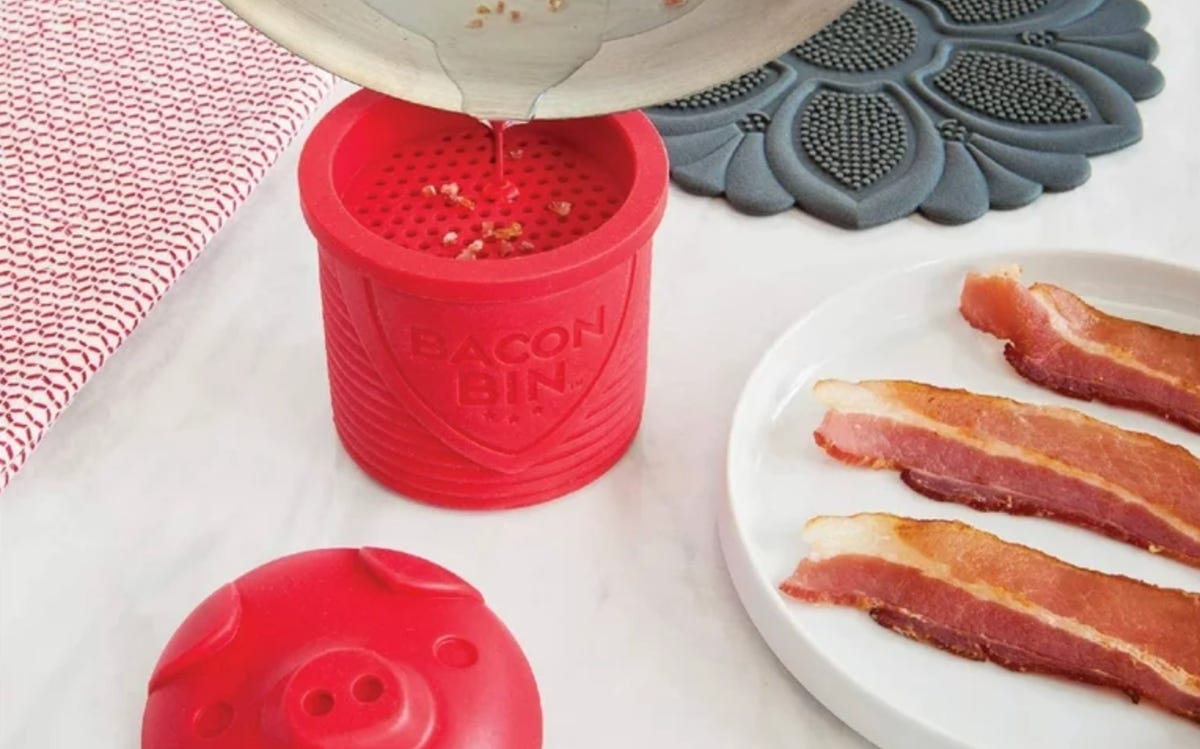
Bacon fat shouldn’t be poured down the sink, but it can be saved and used in your next recipe.
Oil and grease are two of the most common drain-clogging substances. Large amounts of cooking oil left in the skillet or a mound of leftover bacon fat from breakfast are surefire ways to build up gunk in your kitchen pipes over time.
Oil should be fully cooled and placed in a sealed receptacle before being tossed. Pork fat and bacon grease can be used to flavor your next recipe or season a cast-iron skillet.
Read more: 8 Ways to Use Leftover Bacon Fat
Oil-based foods: Salad dressing, mayo, marinades, chili crisp
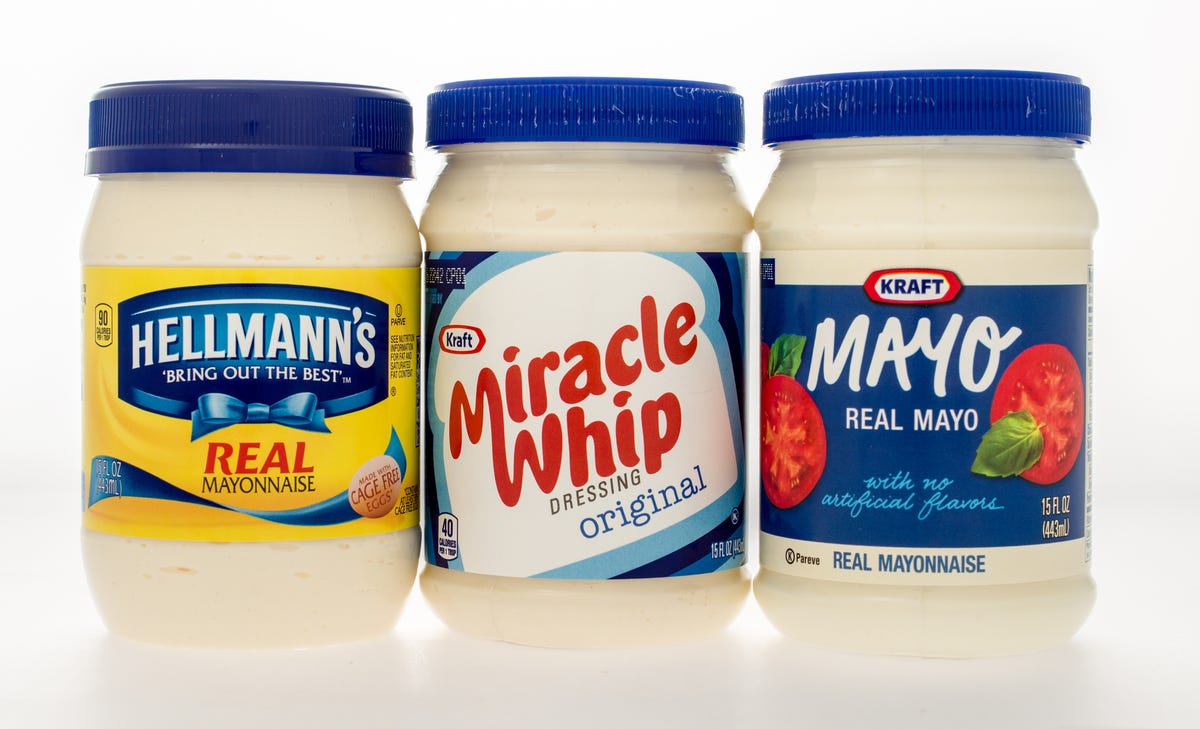
Try to avoid putting large amounts of mayo or salad dressing down the kitchen drain.
The same goes for oily foods including salad dressing, mayonnaise, marinades and more. While a small spot of mayonnaise may not cause an issue, dumping a whole bottle of past-its-prime balsamic dressing or teriyaki marinade could cause problems.
Heavily oil-based foods can’t be composted and should be tossed in the garbage.
Coffee grounds
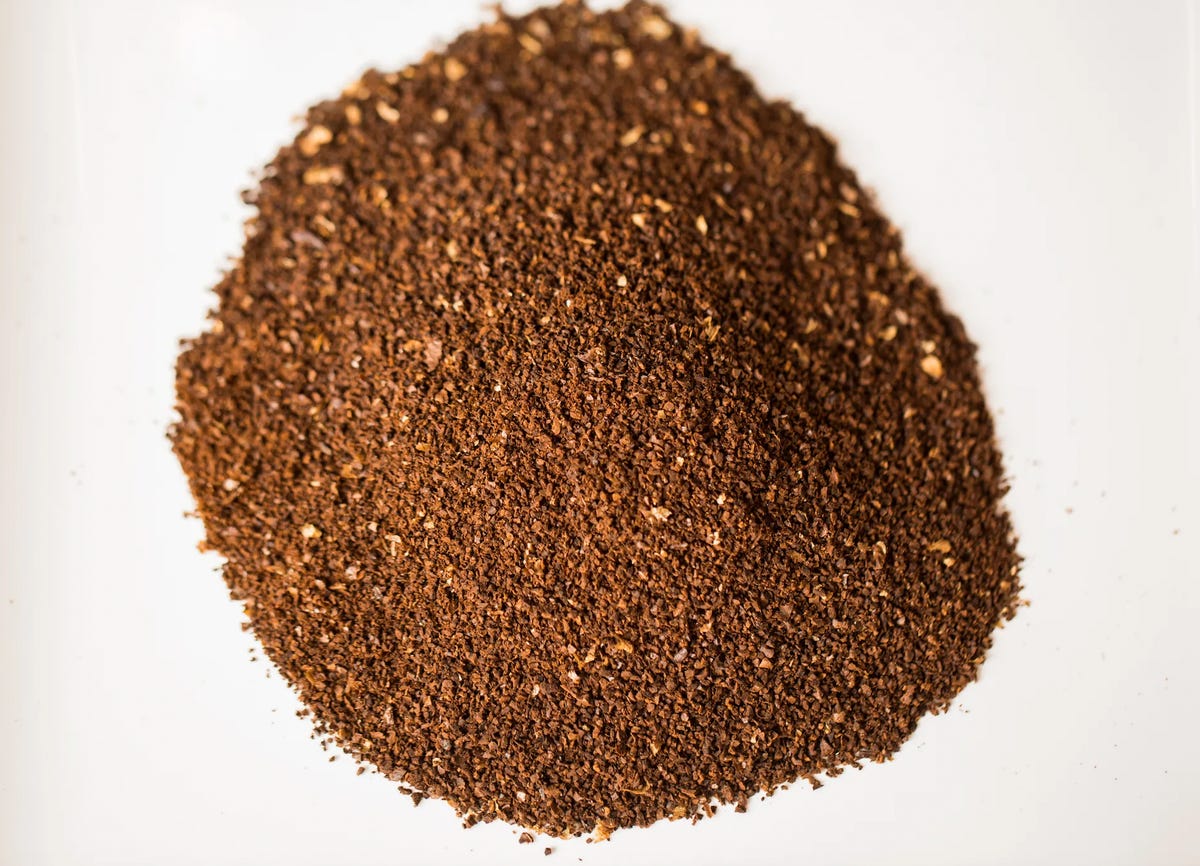
Coffee grounds can be composted but they shouldn’t go in the sink.
If you make a pot of coffee every morning, disposing of the grounds is just part of the routine. Coffee grounds can be composted, but they should not go down the drain. Over time, coffee grounds will build up in the pipes and cause a backup.
If you don’t have one, consider starting a compost pile to keep food scraps from ending up in the sink and garbage. Use this helpful trick to avoid that compost pile stench in your kitchen. Or add a countertop food scrap processor like the Lomi or Mill Bin if composting isn’t in the cards.
Flour
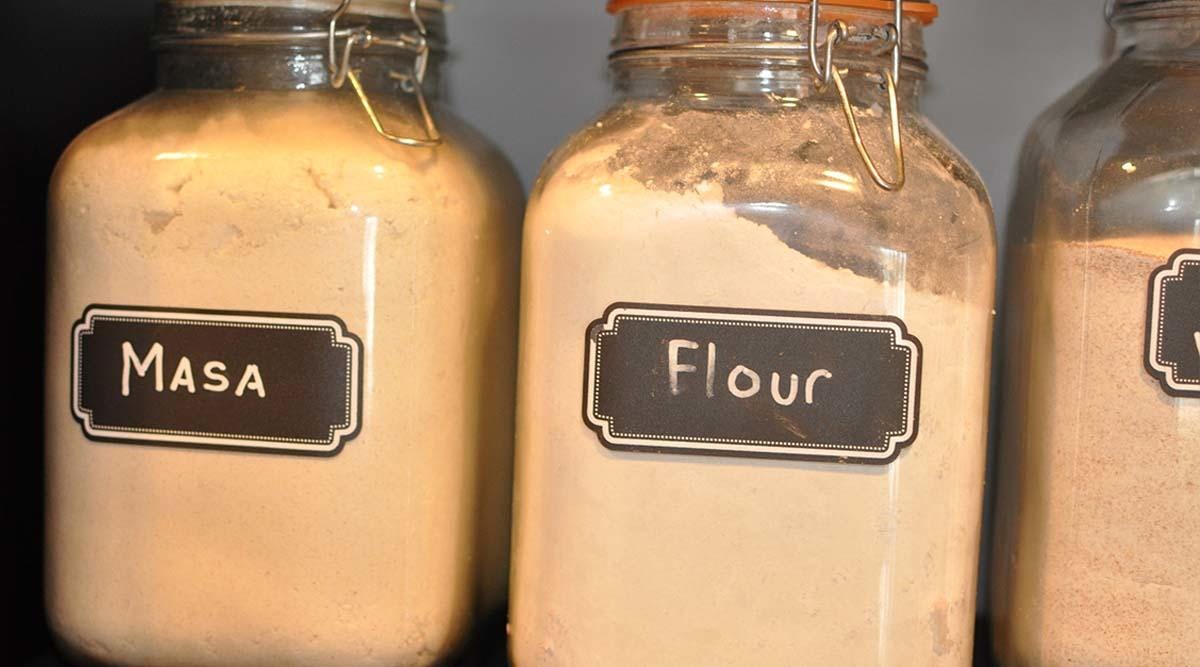
Extra flour should be composted or thrown away.
If you’ve seen what happens to flour when it mixes with water, you know why it’s not a good idea to pour it down the drain. Imagine a dense bread dough trying to make its way through your pipes. Not pretty.
If you have leftover flour from a baking project or a recipe, you should compost it or else throw it away.
Dirt and soil
Fight the urge to flush excess potting soil down the kitchen drain.
I’m admittedly guilty of this one. The kitchen sink seems like the perfect place to transfer an indoor plant from pot to pot, but soil and other dirt types can very easily clog your drain.
If you can do it without letting more than a few granules down the sink, you’ll probably be OK. If heaps of potting are involved, you’d be wise to take the project outside.
Rice and pasta
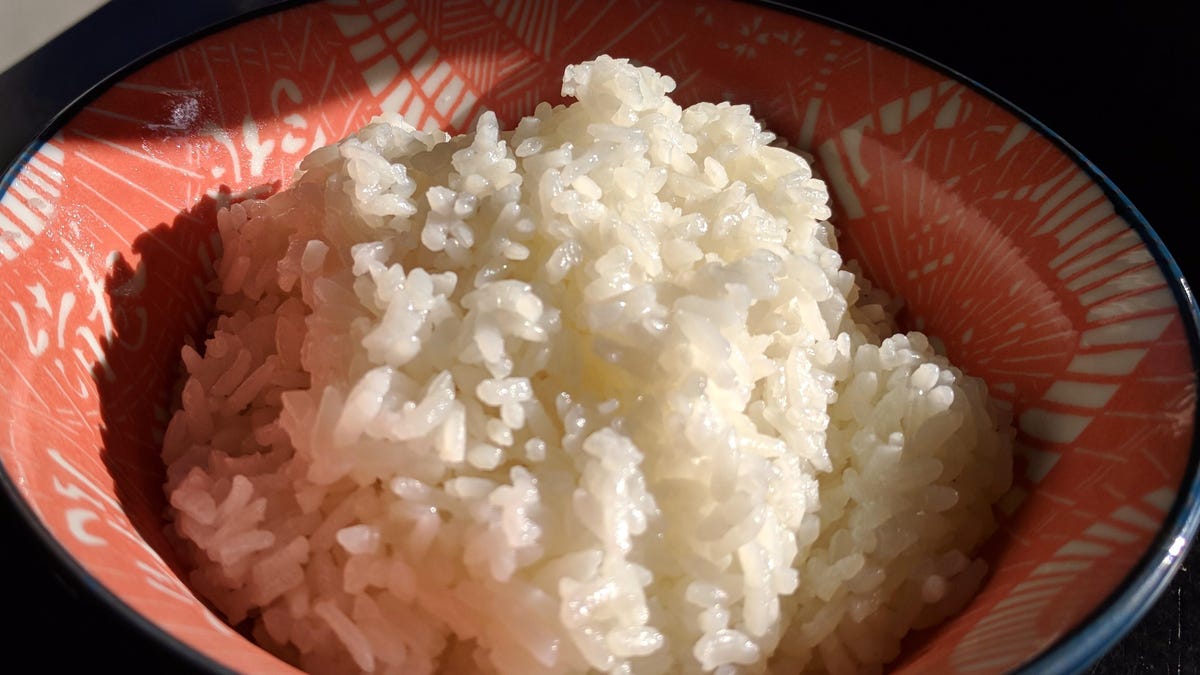
Be it cooked or uncooked, rice does not belong in your pipes. Compost it instead.
Unless you have a garbage disposal, no food scraps should be going down the drain. Rice and small pasta are especially tricky since they can sneak past your drain guard and end up in pipes they shouldn’t be.
To stop a starch-based clog before it happens, discard leftover grains and pasta in the compost pile or trash bin if you’re not composting.
Paper products
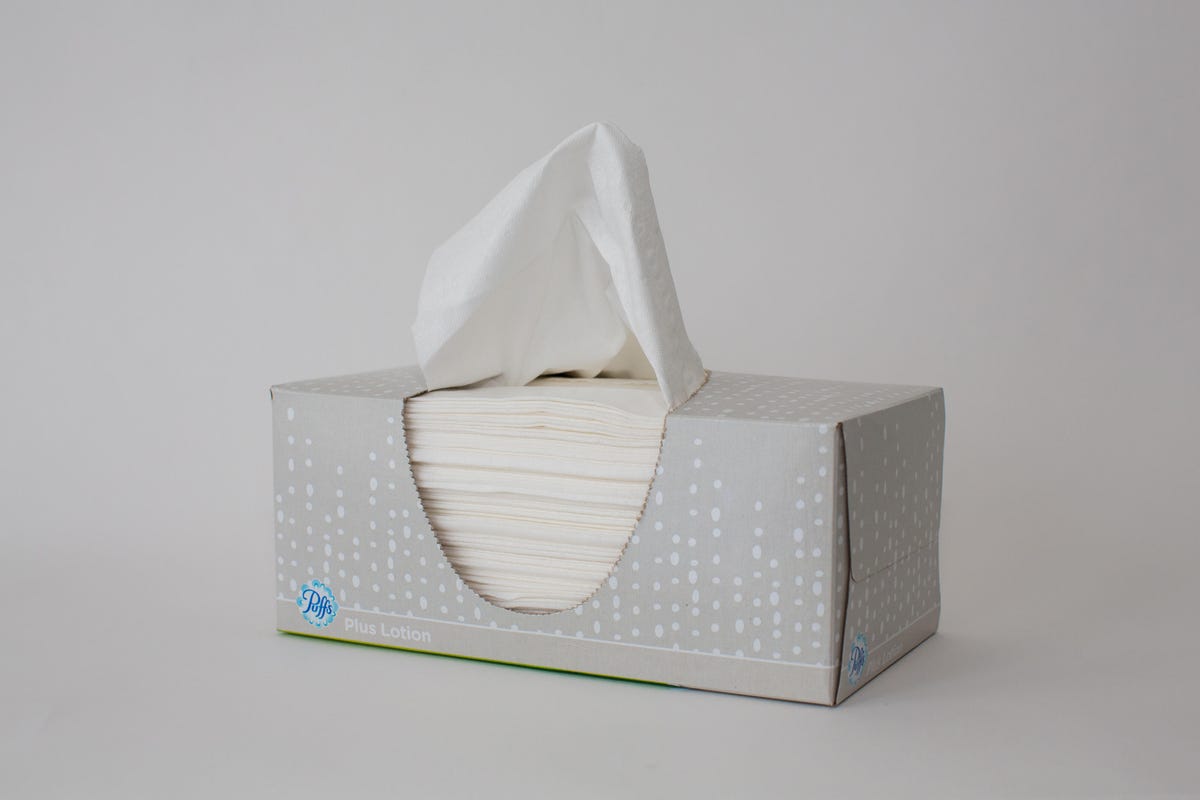
Paper products, no matter how thin, do not go down the kitchen drain.
There are no paper products that should go down the drain, even those made from thin compostable. That said, certain kitchen products like plates, bowls and napkins can be composted, but check carefully before adding them to your kitchen pile or smart kitchen bin. Otherwise, they should be tossed.
Paint
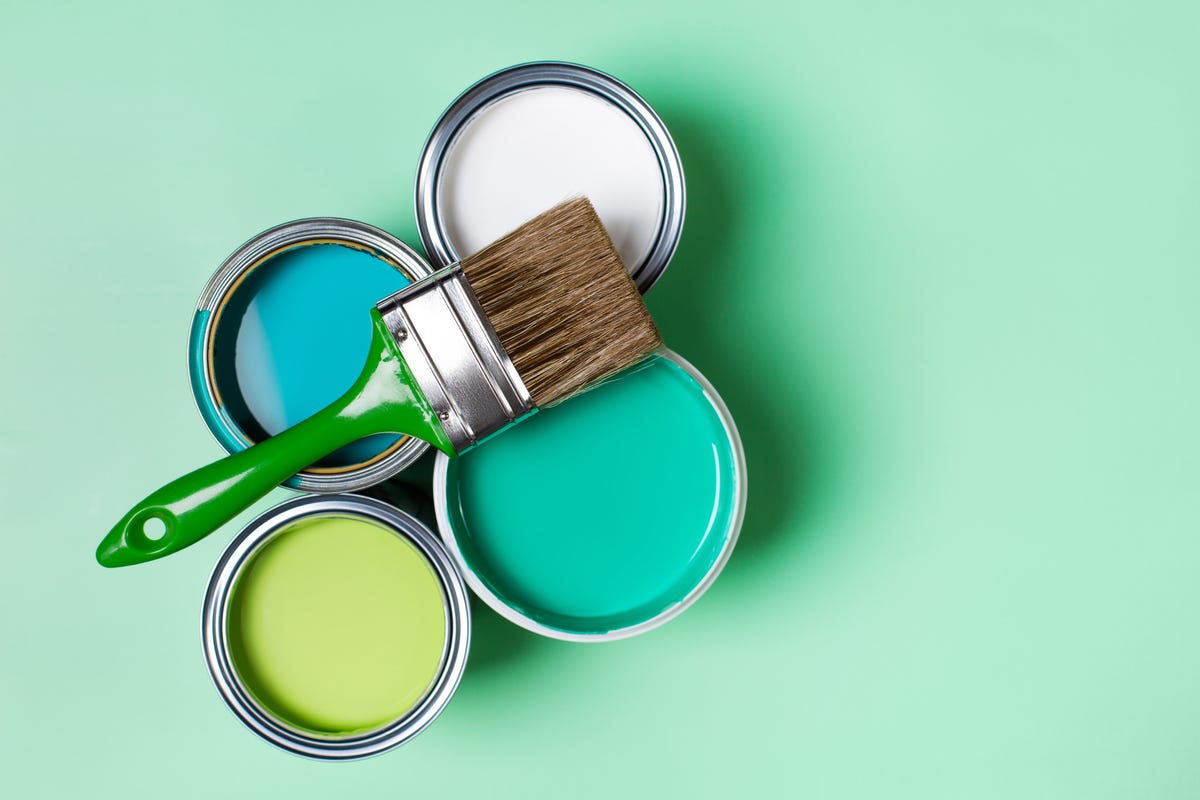
Oil-based paint is about the worst thing you could pour down the kitchen sink. Try mixing it with kitty litter until it dries before disposing of it.
Because paint is liquid, it might seem like a candidate for the kitchen sink but it’s not. Paint can adhere to pipes and once it dries, it can become a serious plumbing problem.
One genius hack for disposing of old paint: kitty litter. Mix some litter with the old paint can until it turns solid and toss it in the garbage. Check with your local sanitation service for certified disposal facilities for oil-based paints.




















+ There are no comments
Add yours